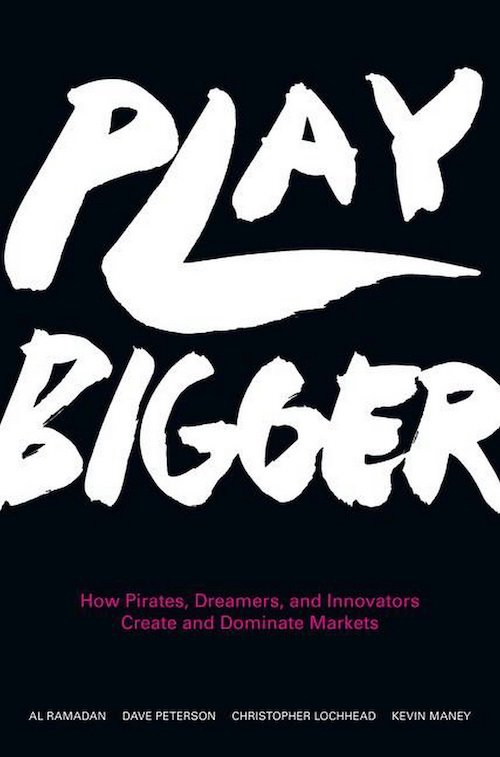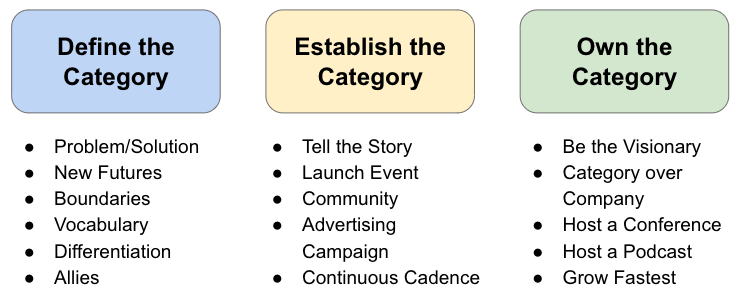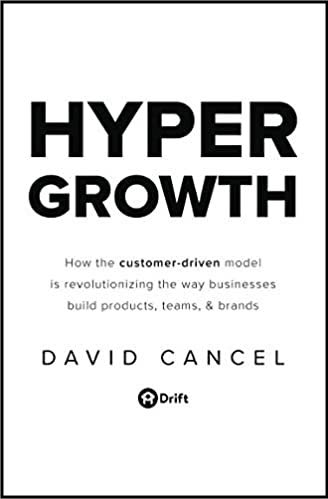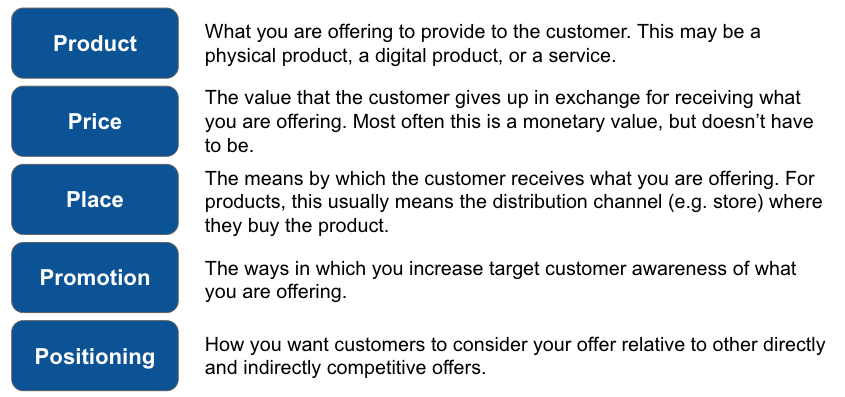Book Brief: Play Bigger
Play Bigger, by Al Ramadan, Dave Peterson, Christopher Lochhead, and Kevin Maney, is probably the best book on the market teaching innovators how to create new product categories and become the category king. It’s not a perfect book, and I don’t agree with everything the authors say, but if you are wondering whether or not you should be creating a new category, I’d recommend you read this book so that you understand what it would take, and then make your decision.
If you do decide to go for it, Play Bigger does a good job of explaining how to go about creating a new category and what to do after you’ve successfully done so.
The biggest issue I have with Play Bigger is that it seems to present the whole process as simply a matter of following each step contained in each chapter. They don’t hide the fact that some of those steps are really hard (which is good), but I honestly don’t think that’s how it works. I get the sense that the Play Bigger team never walks into a company and says “okay, here’s the project plan. We’re going to make sure you follow all these steps and, at the end, you’ll be king of a new category.” I think that every company and every situation is unique. What you do when and how varies dramatically from case to case. The reason the Play Bigger team is so good at what they do is because they sense and respond to each unique situation, and they work with their clients to do what’s needed to be successful. It’s not “paint by numbers” but the book makes it feel like it is.
Bottom line, Play Bigger provides an excellent guide to what is involved in creating a new category and owning it. While I seriously doubt that any company could simply follow the steps outlined in the book and be successful, laying it out in this structured way makes it easy to get a sense for the level of commitment required to be successful. Most companies will need to work with someone who can help them navigate the still uncharted waters of their new category. The stories throughout the book help the reader sense both the excitement of what is possible and the complexity of achieving it. I heartily recommend Play Bigger to anyone considering creating their own product category.
If you need help with your category strategy, I’d be happy to talk.
Book Brief: Play Bigger Read More »






